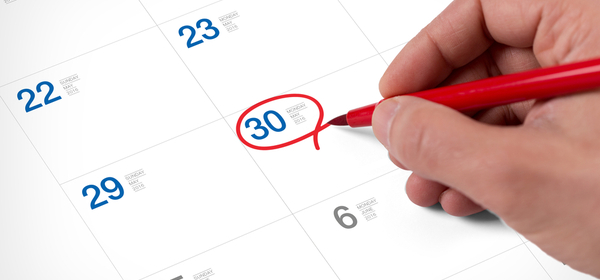Nearly 40 per cent of Australians stray from their shopping list and ‘impulse buy’ at the supermarket, a survey conducted by government finance site MoneySmart found.
Far fewer, just 29 per cent, will buy clothes they do not need. FOMO – the fear of missing out – is part of the reason someone will decide on the spur of the moment to purchase something they previously hadn’t planned to.
For some unlucky ones, it becomes as addictive as gambling can be, and before long they are swamped in debt.
One such person to whom this happened a decade ago, managed to turn his fortunes around and retire much earlier than anticipated by using the ‘30-day Rule’.
J.D. Roth takes credit for coming up with the notion that if you resist an impulse purchase for a month, you may eventually decide you don’t really want the item.
The author of popular and award-winning blog Get Rich Slowly, Roth has been described as the most inspirational, personal finance writer online.
Here is how his 30-day rule works:
- Whenever you feel the urge to splurge – whether it’s for new shoes or a new car, force yourself to stop. If you’re already holding the item, put it back. Leave the store.
- When you get home, take a piece of paper and write down the name of the item, the store where you found it, and the price. Also write down the date.
- Now post this note some place obvious, such as a calendar, the fridge, a bulletin board.
- For the next 30 days, think whether you really want the item, but do not buy it.
- If, at the end of a month, the urge is still there, then consider purchasing it. (But do not use credit to do so.)
Roth argues the strategy is effective because rather than denying yourself the chance to buy something you want, you merely postpone it. After 30 days, it is very likely you have formed a different association with the item and are quite happy to pass up buying it.
Writing the price of the item on the piece of paper can help you keep track of your non-spending. Adding up the amounts at the end of the year can be very satisfying as it shows you how much you have saved.
Are you a victim to impulse buying? Do you stick to your shopping list at the supermarket? What other techniques have you used to avoid spending on items you don’t really need?
Related articles:
Online shopping guide
Creating online shopping lists
Managing overwhelming debt

